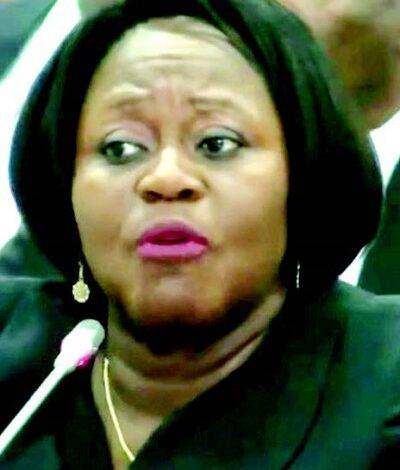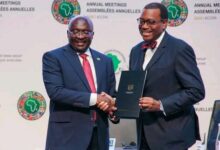Our unanimous decisions are rooted in law …CJ nominee insists, dismisses allegation of bias against SC

Chief Justice nominee, Gertrude Araba Esaaba Sackey Torkornoo, has dismissed the perception of bias against the Supreme Court.
She said the “appointing authorities” do not influence decisions on matters they have interest in, neither do judges have an option than apply the law in their judgements.
She added that unanimity in the decisions of the court should be seen as the absolute position of the law rather than complicity of the judges.
Pursuant to Article 144 of the 1992 Constitution, the president is empowered to appoint Supreme Court, Court of Appeal, High Court Judges and Chairmen of Regional Tribunals, raising concern of favouritism on the side of the appointing authority’s and bias on the side of judges to return the favour of appointment.
“If there is such a perception (that the appointing authority has a hand in our decisions), it is a wrong perception because the load of our work is with respect to the ordinary Ghanaian. It hardly has anything to do with the appointing authority.
“Whenever you encounter unanimous decision, it means the law is totally on the side of the position taken by the court.
“Every member of the court in fidelity with their judicial oath, cannot take a different position. It tells you that, that is what the law is.
“So the only response is to learn from what the law says. It is not a matter of bias. It is matter of the legal position,” she stated.
The 61-year-old nominee was responding to questions at the vetting of her suitability for the job in Accra yesterday on myriad of issues including the court’s recent unanimous decisions especially in political cases.
The rulings of judges in their judgements, she said have been based on law and until contrary evidence emerges, same must be considered to have been delivered in consonance with the law.
“As to whether judges give their judgements on the basis of independence, independence is always linked with law.
“As long as our decisions are premised on law, they must be presumed to have been done independently.”
Justice Torkornoo said there would be the need to erase the perception and to do that, the court must consider putting out its data for the Ghanaian to be better informed on their job.
“The solution will be to constantly put out the data on our work. For instance there was a material time that the court was dealing with 200 appeals and none of them has to do with anybody in the political space.
“Maybe the ordinary citizens don’t talk about what they have in court and maybe those in the political space talk a lot about what they have in court.”
She also considers constant engagement with the public to have an opportunity to explain to them what goes into their work.
“Consistent engagement with the community of Ghana through the media regarding how the adjudication process functions will be helpful.”
BY JULIUS YAO PETETSI






